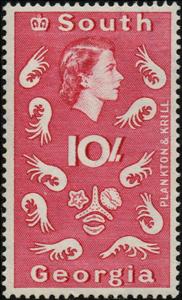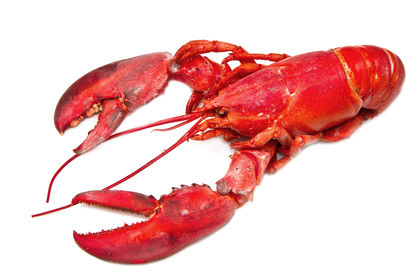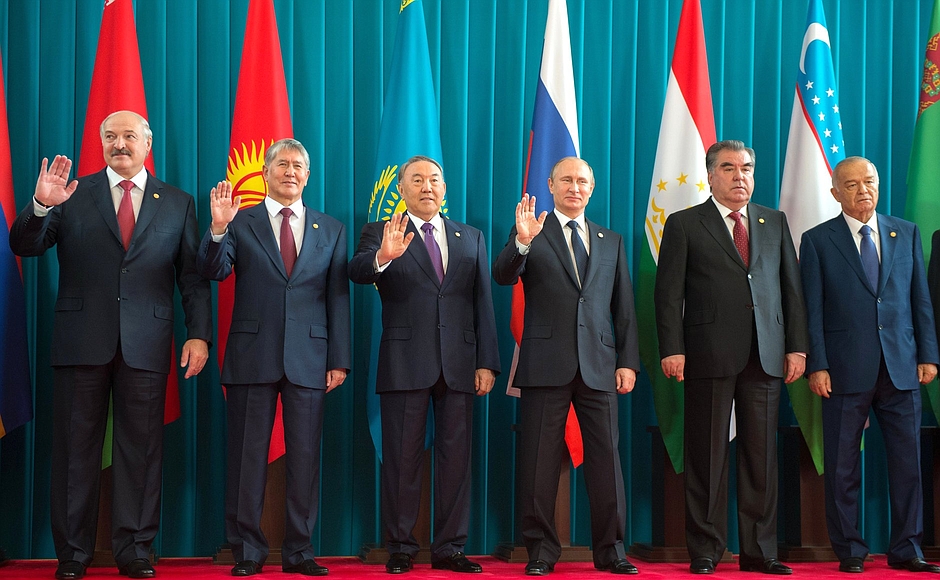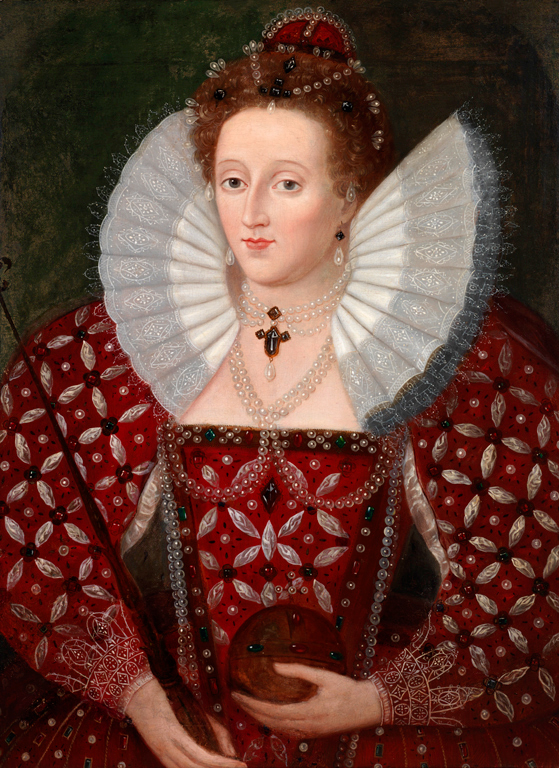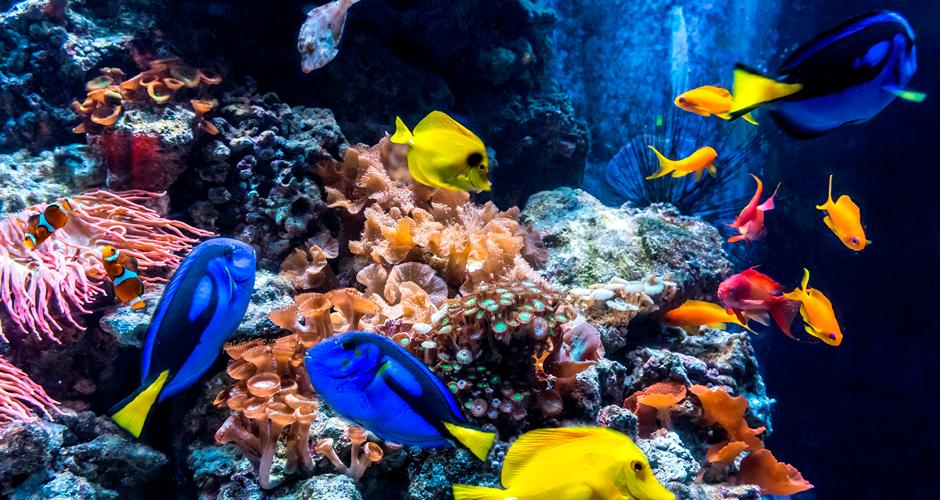Stamp: Plankton & Krill (Falkland Islands, Dependencies 1963)
Plankton & Krill (Falkland Islands, Dependencies 1963)
17 July (Falkland Islands, Dependencies ) within release South Georgia goes into circulation Stamp Plankton & Krill face value 10 Falkland Islands shilling
| Stamp Plankton & Krill in catalogues | |
|---|---|
| Michel: | Mi: FK-SG 22A |
Stamp is vertical format.
Also in the issue South Georgia:
- Stamp - Reindeer (Rangifer tarandus) face value ½;
- Stamp - South Sandwich Islands face value 1;
- Stamp - Sperm Whale (Physeter macrocephalus) face value 2;
- Stamp - Leopard Seal face value 1;
- Stamp - Elephant & Fur Seal face value 5;
- Stamp - Plankton & Krill face value 10;
- Stamp - Fin Whale face value 4;
- Stamp - Whale Catcher face value 9;
- Stamp - Chinstrap & King Penguin face value 2½;
- Stamp - Shakletons Cross face value 2;
- Stamp - Wandering Albatross face value 2'6;
- Stamp - Fur Seal face value 3;
- Stamp - Blue Whale face value 1;
- Stamp - Sooty Albatross face value 6;
- Stamp - Elephant Seal face value 5½;
Stamp Plankton & Krill it reflects the thematic directions:
Animals are multicellular, eukaryotic organisms of the kingdom Animalia (also called Metazoa). All animals are motile, meaning they can move spontaneously and independently, at some point in their lives. Their body plan eventually becomes fixed as they develop, although some undergo a process of metamorphosis later on in their lives. All animals are heterotrophs: they must ingest other organisms or their products for sustenance.
Crustaceans are a group of arthropods that are a part of the subphylum Crustacea (/krəˈsteɪʃə/), a large, diverse group of mainly aquatic arthropods including decapods (shrimps, prawns, crabs, lobsters and crayfish), seed shrimp, branchiopods, fish lice, krill, remipedes, isopods, barnacles, copepods, opossum shrimps, amphipods and mantis shrimp. The crustacean group can be treated as a subphylum under the clade Mandibulata. It is now well accepted that the hexapods (insects and entognathans) emerged deep in the Crustacean group, with the completed group referred to as Pancrustacea. The three classes Cephalocarida, Branchiopoda and Remipedia are more closely related to the hexapods than they are to any of the other crustaceans (oligostracans and multicrustaceans)
A head of state (or chief of state) is the public persona that officially represents the national unity and legitimacy of a sovereign state. In some countries, the head of state is a ceremonial figurehead with limited or no executive power, while in others, the head of state is also the head of government. In countries with parliamentary governments, the head of state is typically a ceremonial figurehead that does not actually guide day-to-day government activities and may not be empowered to exercise any kind of secular political authority (e.g., Queen Elizabeth II as Head of the Commonwealth). In countries where the head of state is also the head of government, the president serves as both a public figurehead and the actual highest ranking political leader who oversees the executive branch (e.g., the President of the United States).
Queen - the title of reigning female monarch or the wife of the king in a number of countries
Marine life, or sea life or ocean life, refers to the plants, animals and other organisms that live in the salt water of the sea or ocean, or the brackish water of coastal estuaries. At a fundamental level, marine life helps determine the very nature of our planet. Marine organisms produce much of the oxygen we breathe. Shorelines are in part shaped and protected by marine life, and some marine organisms even help create new land. Altogether there are 230,000 documented marine species, including over 16,000 species of fish, and it has been estimated that nearly two million marine species are yet to be documented. Marine species range in size from the microscopic, including plankton and phytoplankton which can be as small as 0.02 micrometres, to huge cetaceans (whales, dolphins and porpoises) which in the case of the blue whale reach up to 33 metres (109 feet) in length, being the largest known animal.
